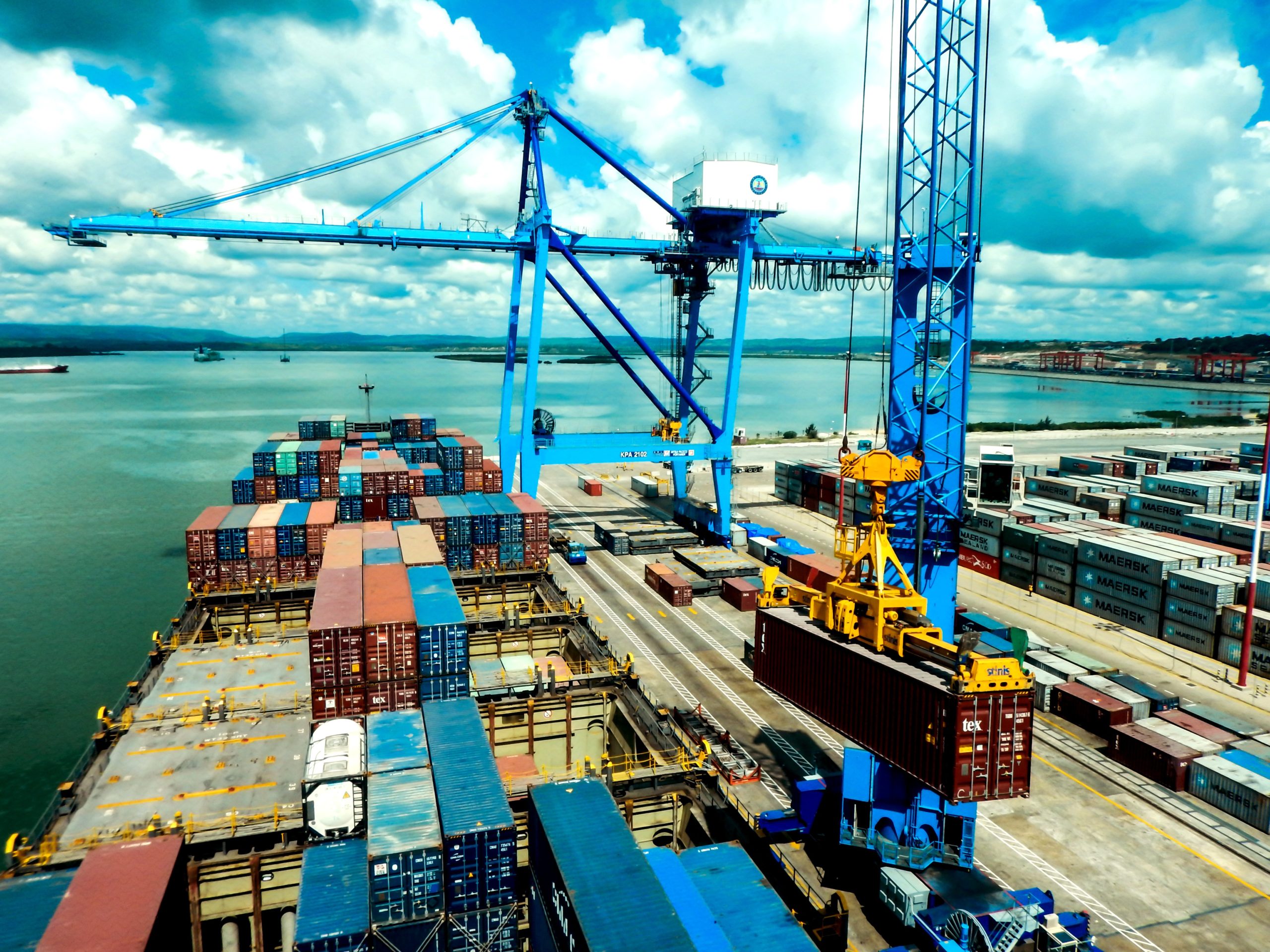The Kenya Maritime Authority (KMA) has issued a stern warning to shippers, cautioning them against imposing additional levies on cargo passing through the port of Mombasa. This action comes in response to growing concerns about hindrances to the free movement of trade within the region, particularly along the critical northern corridor.
Recent data reveals that the Mombasa port handles an average annual cargo volume of approximately 18 million metric tonnes. This substantial throughput has the potential to generate an estimated annual revenue of up to KES 3.2 billion under the existing levy structure. However, the imposition of extra charges or levies on cargo passing through the port could significantly impact the cost structure of the entire trade ecosystem, potentially leading to price escalation and hindrance to the smooth flow of goods.
In a statement released yesterday, the council highlighted its concerns about the enactment of new laws by regional governments that directly affect goods leaving the Mombasa port en route to the northern corridor. According to the council’s assertions, these regulations have the potential to obstruct the seamless movement of trade, disrupting the efficiency and effectiveness of the entire supply chain.
In response to these growing challenges, the Kenya Maritime Authority has urged all stakeholders, including shippers and regional governments, to prioritize facilitating seamless trade and to refrain from imposing any additional levies that could potentially hinder the economic progress of the region. The Authority emphasized the critical role played by the Mombasa port in facilitating regional trade and stressed the need for collaborative efforts to ensure the smooth movement of goods and services throughout the region.
Efforts are underway to engage with relevant stakeholders and government authorities to address the concerns raised and foster an environment conducive to unrestricted trade. The Kenya Maritime Authority remains committed to promoting a robust and efficient trade network, facilitating the seamless movement of goods, and supporting the economic growth and development of the region.
As discussions continue, stakeholders eagerly await further updates on the steps being taken to mitigate the challenges and ensure the smooth and uninterrupted flow of trade along the northern corridor.












